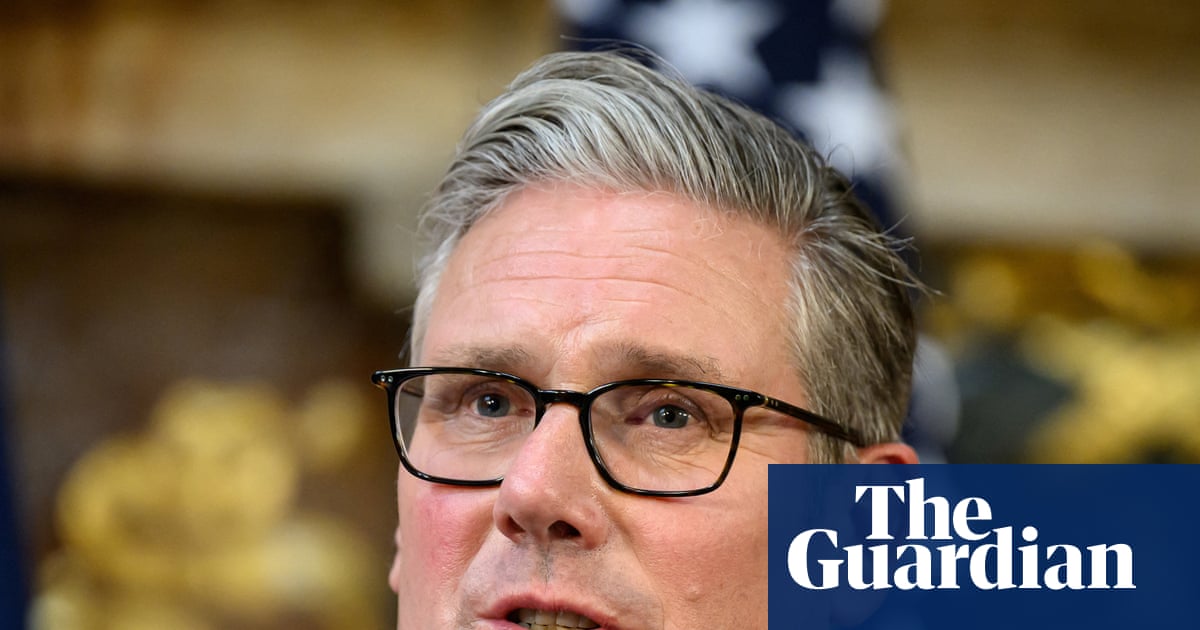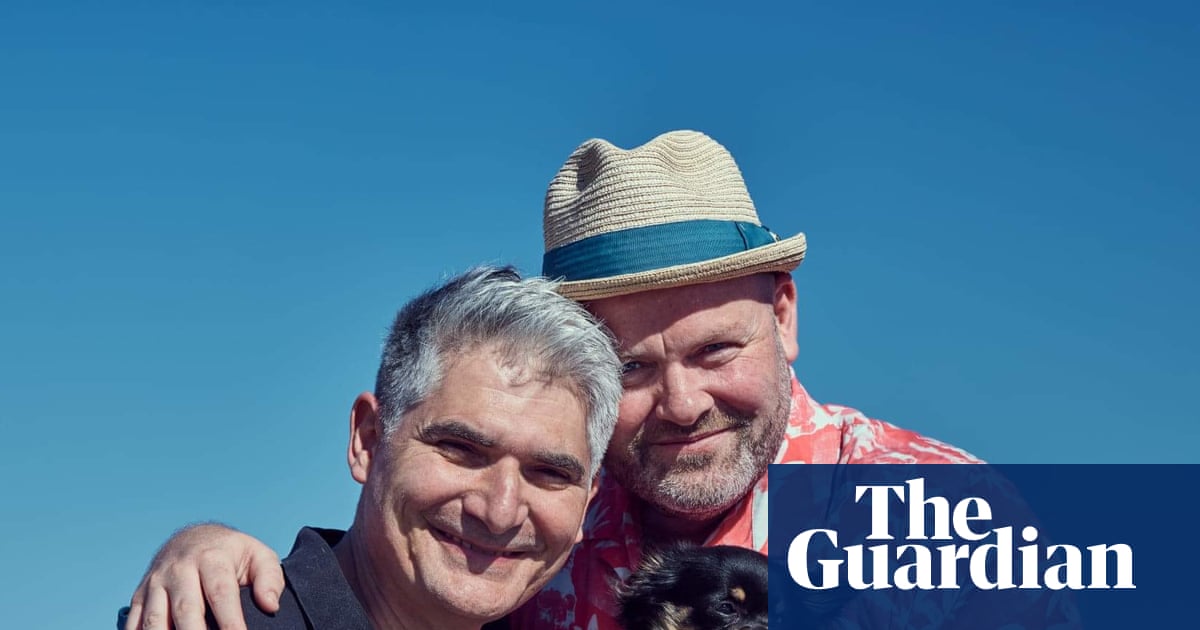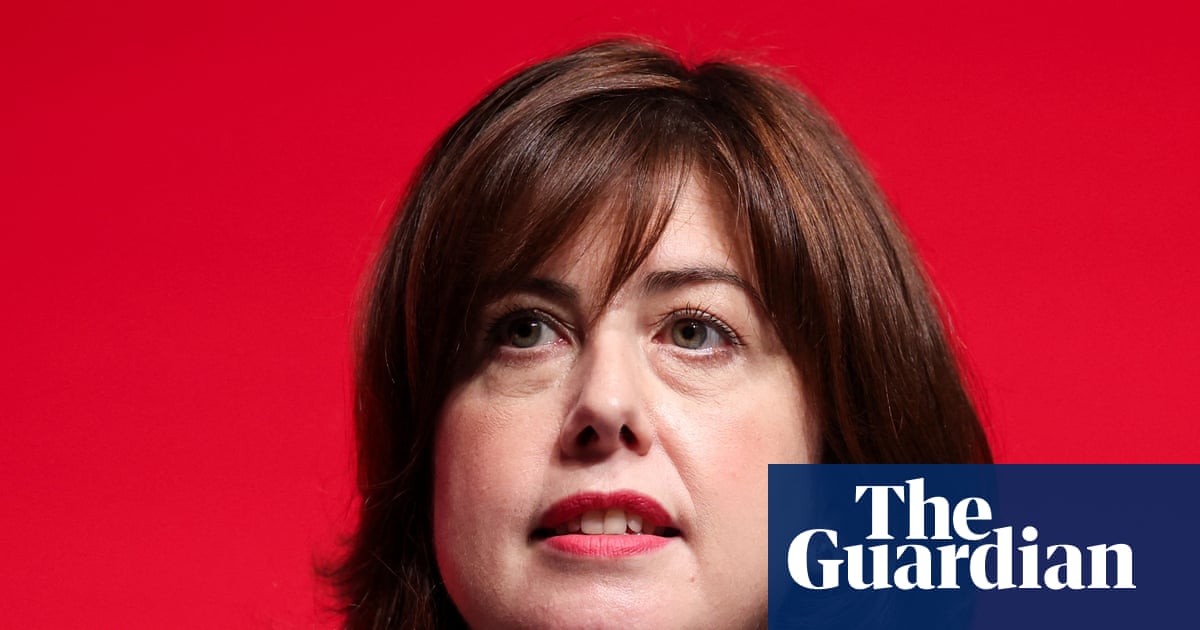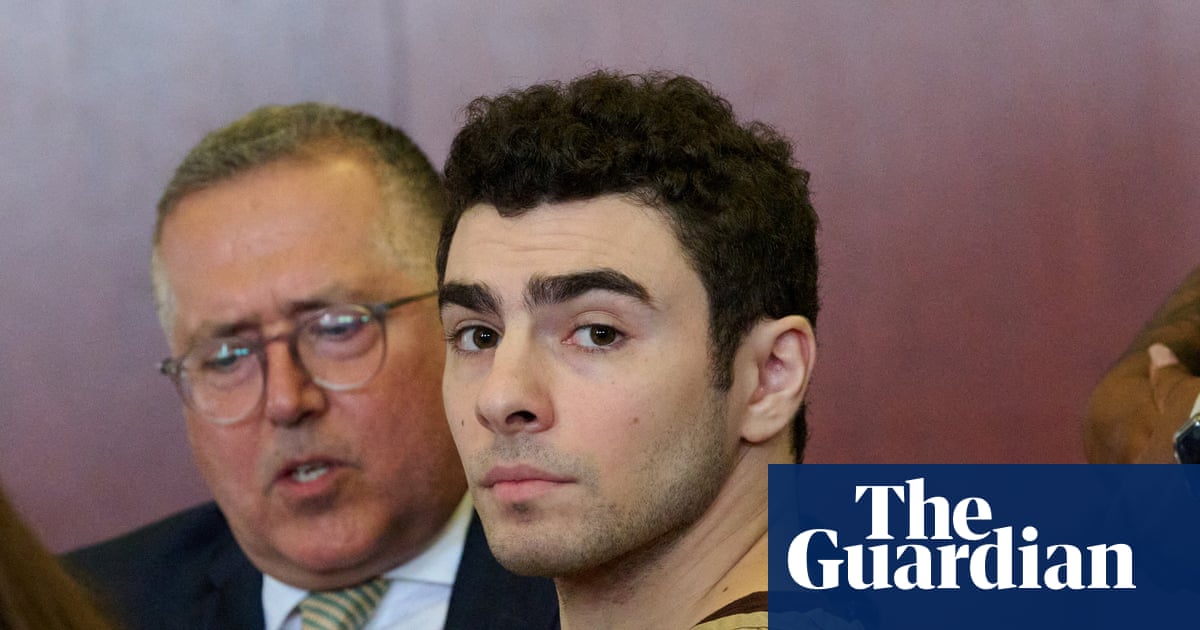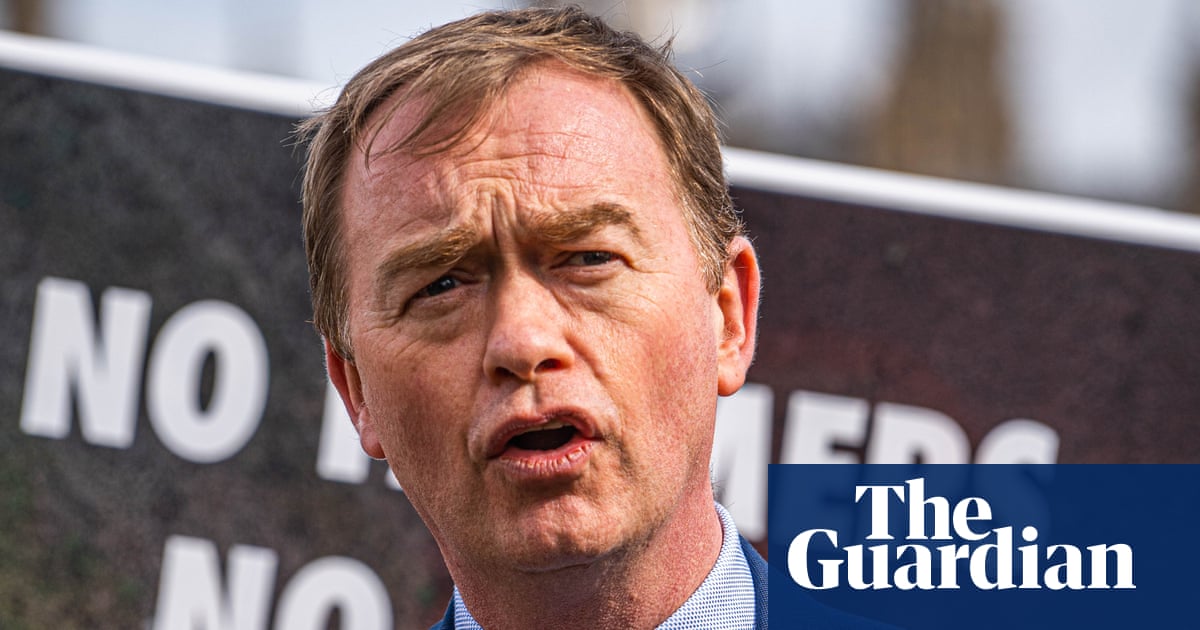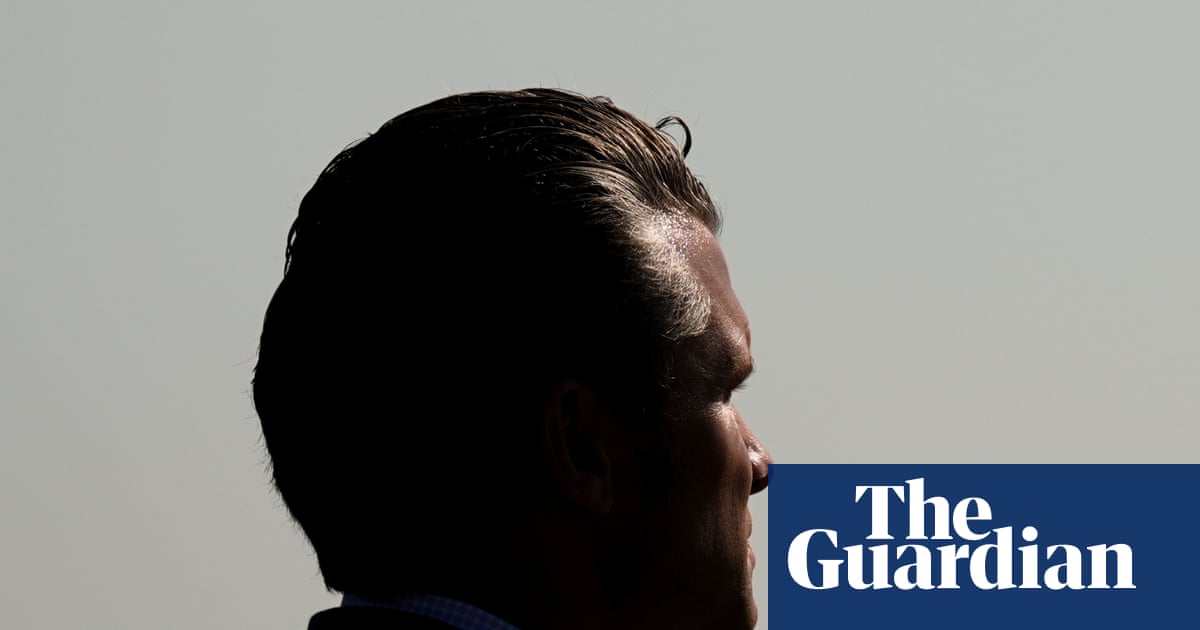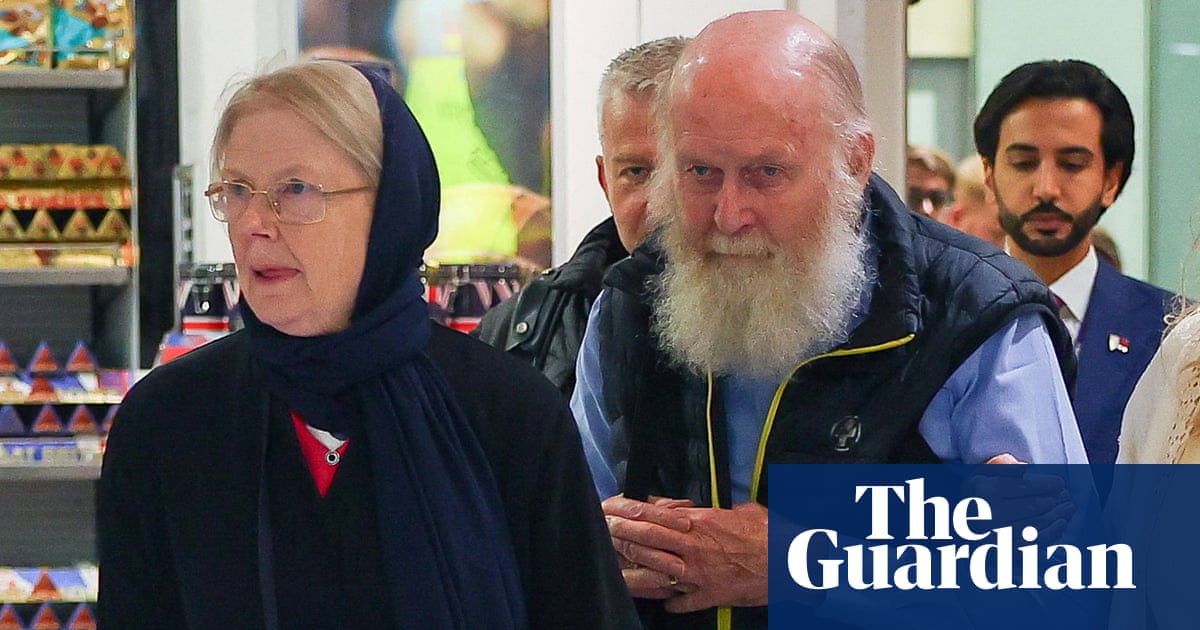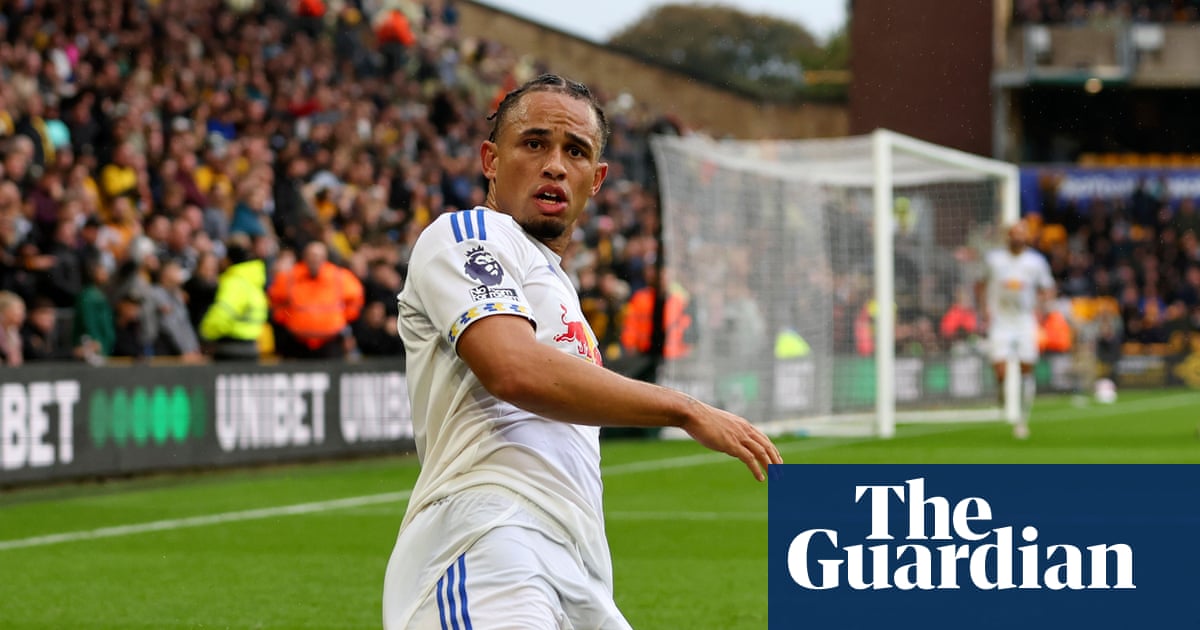Twenty years ago this weekend, the leaders of the world’s most powerful countries, chaired by Tony Blair, gathered at the Scottish golf resort of Gleneagles and made a series of historic promises on debt relief and overseas aid.
It was the culmination of a long-running campaign involving charities, churches and celebrities and benefited from the passionate commitment of Gordon Brown, for whom international development is a lifelong cause.
A few days before, more than 200,000 campaigners had gathered in Edinburgh and formed a noisy, joyful human chain, demanding that the world’s leaders “make poverty history”.
As a result of the momentum created and the promises made, international aid increasedand 36 countries eventually had their crippling overseas debts drastically reduced.
There are many reasons it would be hard to envisage a Gleneagles summit today.
The certainties of the early noughties, when globalisation felt like an unstoppable force underpinning economic growth and restraining inflation, are long gone.
Just three and a half years after Gleneagles, Brown, by then prime minister, was hosting a meeting of the G20 in London’s Docklands, at which global leaders scrambled to respond to the havoc wreaked by the global financial crash.
Old certainties were cast aside, relationships strained and the claim to leadership of the G8 industrialised countries was hopelessly undermined by the fact that the crisis originated on their doorstep.
The resulting deep recessions in many wealthy countries raised questions about voters’ commitment to global causes. In the UK, public support for development, once solid enough to encourage David Cameron to embrace the target of spending 0.7% of national income on aid, started to fall away from about 2012-13.
More recently, the world has become a much more fragmented, multipolar place. Middle-income countries such as China and India have demanded more prominence on the global stage. Russia’s territorial aggression in Ukraine prompted its expulsion from the G8 – now the G7 – and killed off any lingering hopes that free trade and capitalism would ultimately usher in liberal democracy.
Global solidarity was hard to summon, then, even before Donald Trump’s second term unleashed chaos in the global trading system.
The budgets of many rich-country governments have taken a battering from repeated economic shocks, at the same time as pressure mounts for more defence spending to confront potential threats. Labour ministers are quite right when they say “the world has changed”.
Yet despite the more fraught global backdrop, the campaigners who worked alongside Blair and Brown at Gleneagles and beyond have been profoundly shocked by the British government’s casual disregard of development.
Three years ago, Keir Starmer was promising to undo Boris Johnson’s “misguided” decision to absorb the Department for International Development back into the Foreign Office.
Labour’s manifesto dropped this idea. It suggested the UK had “lost influence” as a result of the Tories’ neglect of international development and promised to “turn the page to rebuild Britain’s reputation”, restoring aid to 0.7% “as soon as fiscal circumstances allow”.
Instead, Labour slashed the aid budget, with little discussion, when Starmer wanted to promise Trump he would raise defence spending on his White House trip in February.
Jenny Chapman, the development minister who replaced Anneliese Dodds when she resigned in protest at this deep budget cut, has insisted the UK still wants to lead on development. Yet it is hard to take the moral high ground while admitting that no area of policy, including projects to support women and girls’ health and education, will be safe from the cuts.
Labour has said it wants to create respectful partnerships with developing countries; but Save the Children UK’s director, Moazzam Malik, told me recently that the cuts would be felt by many countries not as a new-found era of collaboration but as a withdrawal.
As the UK steps back at the same time as Trump is dismantling USAID, the challenges in some of the world’s poorest countries have only intensified.
In particular, a blizzard of recent expert reports has called for action on the unsustainable debts squeezing many governments’ budgets.
The UN-backed Financing for Development conference in Seville last week ended with promises of reform, including the wider use of “pause clauses” to halt repayments during natural disasters, for example – something the UK has supported.
More radical solutions that might have included debt write-offs did not make it through the negotiations, but South Africa hopes to use its chairmanship of the G20 to press for more progress in the coming months.
Michael Jacobs, a former Brown adviser, now a visiting professor at the Overseas Development Institute, insists there was a sense of momentum on debt relief in Seville.
“It was the single most significant topic of debate. There is rising pressure on the creditor countries – including China – to act. So, as in 2005, the moment for a new international debt relief package may be arriving,” he said.
Other campaigners returned from Seville notably downbeat, however, pointing to the difficulties of assembling a global coalition of the willing on development in a time of tight budgets and fraying international bonds.
Summoning the spirit of Gleneagles may be too much to hope for, two decades on. But after a string of economic shocks and as the climate emergency accelerates, the moral imperative to act remains – even if this Labour government can’t find it in a focus group or on a spreadsheet.

 2 months ago
64
2 months ago
64
